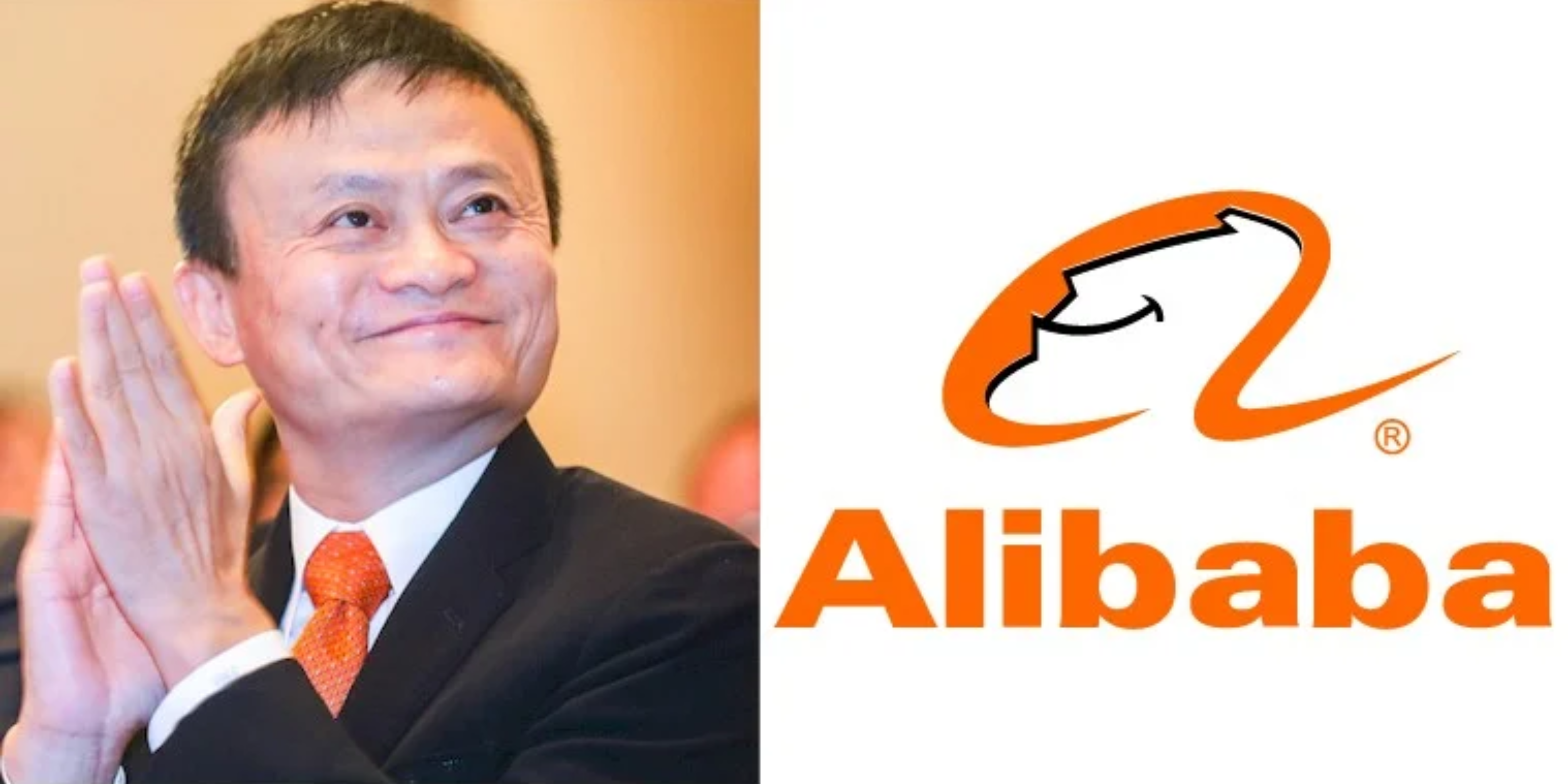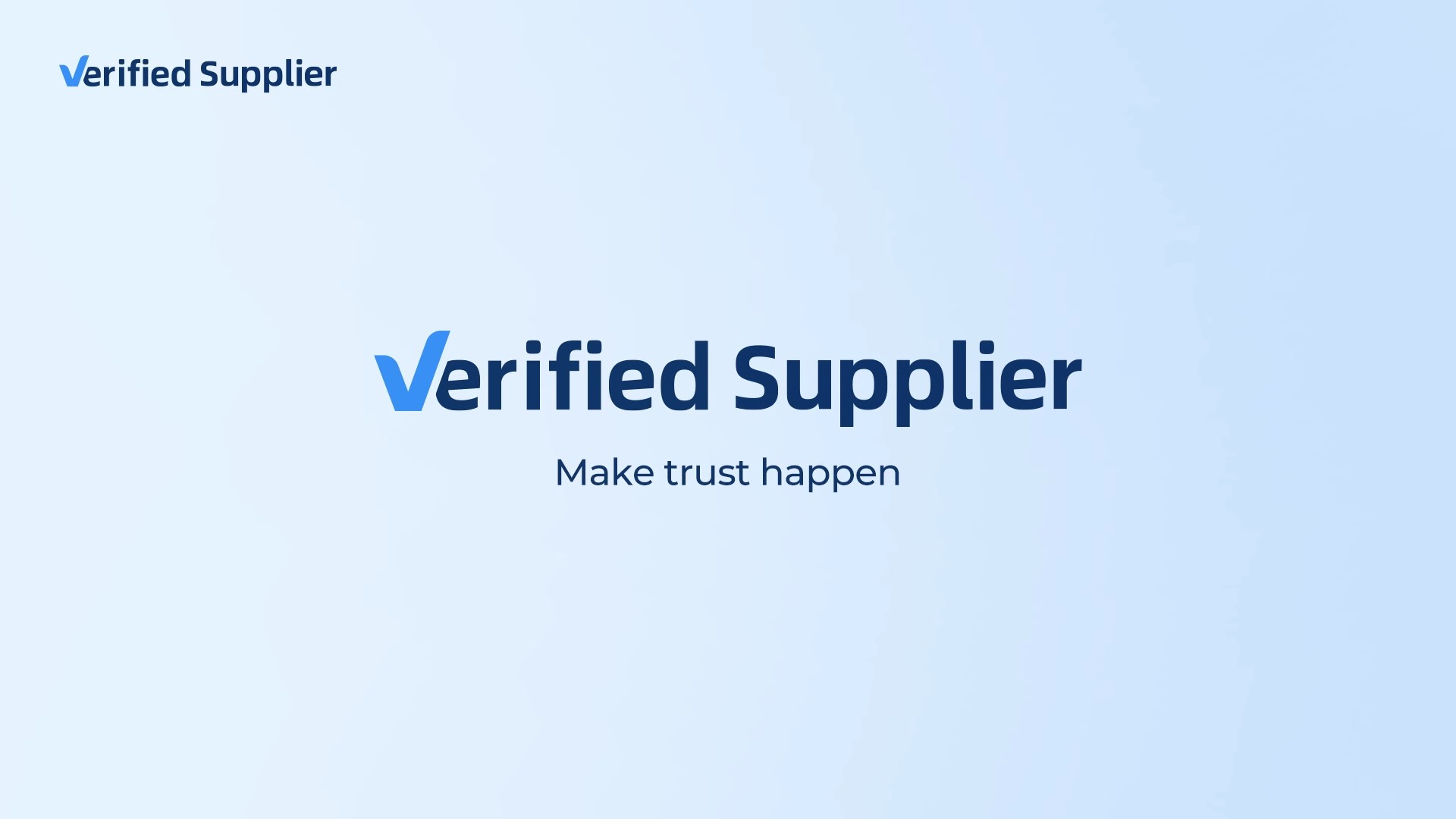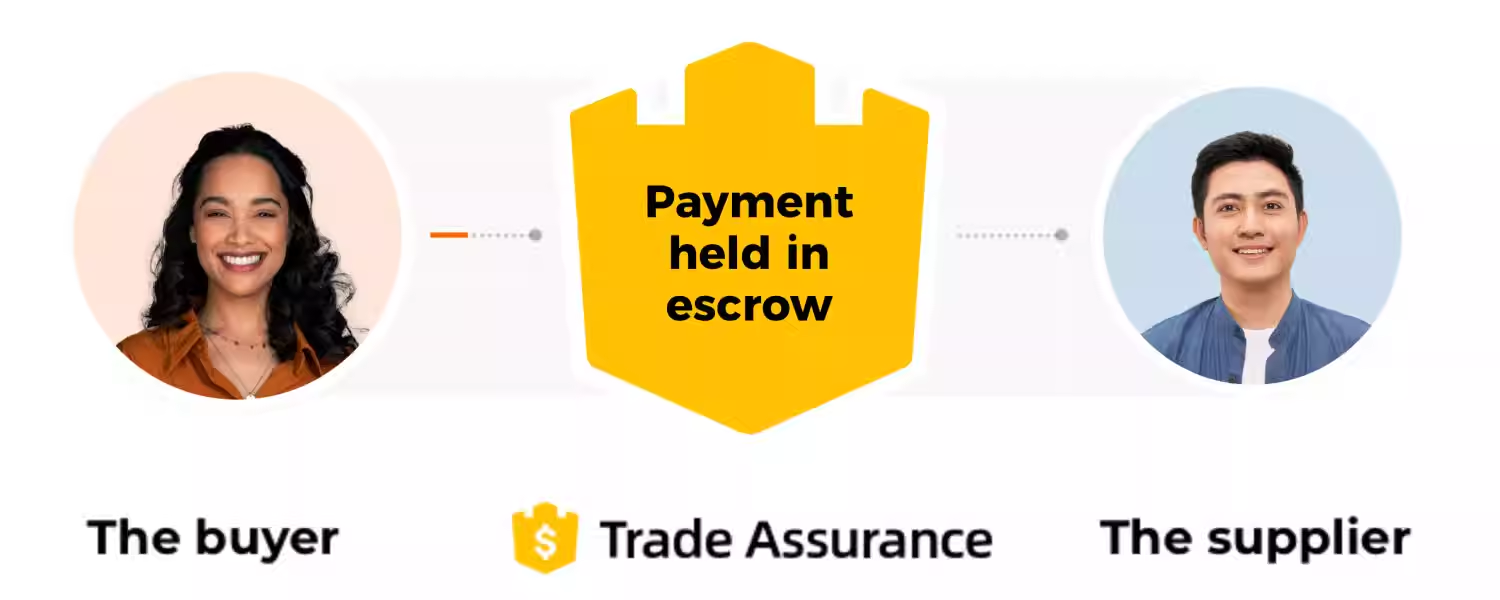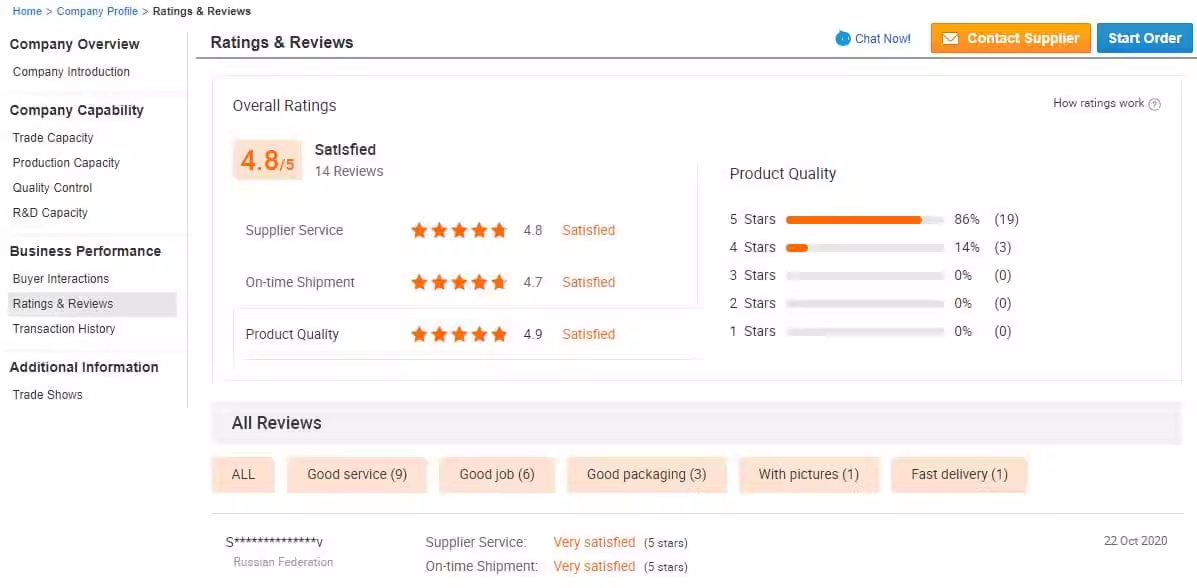Yes, Alibaba itself is a legitimate platform.
Recently, there has been a surge in news stories about people buying counterfeit goods or being deceived in transactions on Alibaba. The search volume for the term "Alibaba Legit" has skyrocketed, with many cross-border trade entrepreneurs and retailers eager to know whether these claims are true.
After all, Alibaba has become deeply integrated worldwide. Regardless of the industry you’re in, this is a good opportunity to understand what Alibaba is, whether Alibaba is legitimate, and how to safely source products from the platform.
Alibaba is a Chinese multinational technology company specializing in e-commerce, retail, internet, and technology. The company operates the world’s largest B2B (Alibaba), C2C (Taobao), and B2C (Tmall) marketplaces. Alibaba owns and operates a diversified portfolio of businesses across various global sectors, providing services beyond marketplaces, including local consumer services, digital media and entertainment, logistics, and cloud computing.

Alibaba Logo and the History of the Company
In 2014, Alibaba went public with its initial public offering (IPO) on the New York Stock Exchange, marking the largest IPO in world history. It raised $25 billion, and the company’s market value reached $231 billion. This is an extraordinary figure.
Related: Why Is Alibaba So Cheap
First, it’s important to acknowledge that Alibaba is undeniably one of the largest companies in the world. It is a legitimate business and not a scam. As a large marketplace, Alibaba consistently receives positive reviews is evident from user feedback.
So why is there so much discussion about the legitimacy of Alibaba? Why do some people claim Alibaba is a scam? The answer is simple: as a buyer, when you purchase products on the Alibaba platform, those products may not necessarily come from Alibaba itself. You are dealing with independent manufacturers and suppliers. You are more likely to be scammed by independent suppliers. Therefore, you need to assess the legitimacy of these suppliers.
I've sourced on Alibaba for years. What keeps me safe is stacking Trade Assurance (escrow + delivery/quality coverage), paying only on-platform, and choosing Verified Suppliers. I lock specs into the TA order—materials, packaging, deadlines, and AQL levels.
For higher-value or custom items, I book a third-party inspection before release. I keep all chats and files in the order, track logistics, and confirm only after checks. When issues arise, dispute/refund flow worked because my specs, photos, and inspection reports were clear.
To combat illegal independent product suppliers, you should learn how to buy wholesale from Alibaba. Thankfully, Alibaba's beginner tutorial is excellent and makes the process easy to understand. Here are steps to get started:
_1739783792979.png)
If you have any further questions, feel free to contact the EJET Procurement team directly or Alibaba. Recommended read: Alibaba vs. 1688 vs. EJET Procurement
Once you are familiar with the wholesale process on Alibaba, you can begin to dive deeper into the market practices, particularly securing safe product procurement. With decades of experience, EJET Procurement team has summarized seven key points for safely sourcing products from Alibaba. As long as you keep these seven points in mind, even the most cunning sellers won’t be able to deceive you.
When selecting potential suppliers, make it a priority to choose those who are Alibaba-certified. These suppliers generally have higher credibility and reliability, as they have passed Alibaba's verification process, which includes checking their business licenses and ensuring that they meet basic standards. This can help you avoid dealing with fraudulent suppliers and establish a more secure business relationship.

Always make full use of Alibaba Trade Assurance service. This service offers protection for several critical aspects of the transaction, including payment, delivery timelines, and product quality. By using Trade Assurance, you ensure that Alibaba will step in to help resolve any issues if the terms of the contract are not met, providing an added layer of security for your procurement.

Before committing to a large order, always request samples from the supplier. This allows you to verify that the product quality aligns with your expectations. Keep in mind that samples are not always identical to the bulk order, so it’s important to clarify any potential differences in quality or specifications before finalizing a large purchase.
It is essential to never pay the full amount upfront. Only make the final payment after you have inspected the goods and ensured that they meet your requirements. This approach helps to avoid the risk of paying for goods that do not match the agreed-upon terms. By holding off on full payment, you ensure the transaction remains secure and that you’re not at risk of losing funds if there’s an issue with the products.
Take the time to review a supplier’s transaction ratings and feedback from previous customers. These ratings give valuable insight into the supplier’s reliability, product quality, and overall service. Suppliers with high ratings are more likely to deliver on their promises, while consistently low ratings may indicate issues that could lead to problems with your own order.

Always choose secure payment methods that Alibaba offers, such as Letters of Credit or T/T. These payment methods are designed to protect both the buyer and the seller, ensuring that funds are only transferred once the goods are delivered as agreed. It’s crucial to avoid paying outside of Alibaba’s platform, as doing so removes the protections and guarantees offered by the site, leaving you vulnerable to potential fraud.
Effective communication is key throughout the entire procurement process. Maintain regular contact with your suppliers to ensure that all details are clear and any potential issues can be addressed promptly. This proactive approach can prevent misunderstandings, delays, or quality issues, helping to keep the transaction on track and minimizing risks.
After reviewing these seven tips for transaction security, if you still feel uneasy about sourcing from Alibaba but find it necessary, you should consider engaging a sourcing agent. This is a more reliable way. China sourcing agents have become highly popular and represent a business trend in international trade.
A qualified sourcing agent can provide flexible end-to-end services. For example, EJET Procurement offers whole-process solutions. You just specify the products you want to source from Alibaba. Then they will handle everything from product selection and supplier communication to negotiations, shipping, and delivery. Even better, EJET uses a more professional digital system that ensures quality and efficiency in all processes.
_1739784088081.png)
| Platform | Wholesale / Customization | Trust Signals | Payment Protection / Disputes | Best For |
|---|---|---|---|---|
| Alibaba | Broad factory base; strong ODM/OEM | Verified Supplier badges, audits | Trade Assurance escrow with delivery/quality coverage | Cross-border bulk orders with platform safeguards |
| Global Sources | Mid-to-high-end, trade-show driven | Multi-layer supplier verification | Mostly off-platform (LC/TT); you manage contracts | Buyers who want stricter vetting and control terms themselves |
| Made-in-China | Strong customization | Company verification & audits | Secured Trading Service (escrow-style) | Escrow + customization balance |
| 1688 | Very low MOQs, sharp pricing (CN domestic) | Platform deposits/penalties | Alipay/China-domestic protections; cross-border needs agent | Chinese-language buyers using local payments or sourcing agents |
| AliExpress | Small lots, sampling | Store ratings + platform control | Buyer Protection (non-delivery/mismatch disputes) | Test orders, small runs |
| DHgate | Small orders / mixed lots | Store ratings | Buyer protection; release on receipt (quasi-escrow) | Low-risk trials; avoid regulated/branded items |
| Thomasnet | North American manufacturers; custom parts | Detailed firm profiles, reviews | Directory/matchmaking—no platform escrow | Buyers needing NA factories & compliance contracts |
| IndiaMART | Wide Indian supply base | TrustSEAL documentation checks | Predominantly off-platform payments | India sourcing with your own payment/inspection controls |
Alibaba is undoubtedly legitimate.
As one of the largest corporate groups in the world, sourcing from Alibaba has become a key learning point for overseas retailers. After reading this blog, we believe you have gained valuable insights into how to safely source from Alibaba. If you have any further questions or would like to hire us as your sourcing agent, feel free to contact the EJET Procurement team directly.
Yes—paying on Alibaba with credit cards (e.g., Visa/Mastercard) or PayPal is generally safe when you pay through Alibaba’s checkout under Trade Assurance. Alibaba supports these methods and processes payments with SSL encryption and is PCI-DSS compliant. Do not pay off-platform (e.g., direct wire to a personal account), as those payments aren’t covered by Trade Assurance protections.
Yes—Alibaba can be safe for a small business if you use Trade Assurance and pay only through Alibaba’s checkout (card/PayPal/bank transfer held in escrow). Choose Verified Suppliers, write exact specs/AQL/lead time into the order, and book a pre-shipment inspection for custom or higher-value buys. Keep all communication on-platform, start with samples or small MOQs, and confirm receipt only after checks. The biggest risks are off-platform payments and vague specs.
Yes—Alibaba is broadly trustworthy as a marketplace, but outcomes depend on your process. Use Trade Assurance (escrow), pay only on-platform, and prioritize Verified Suppliers with audit reports and solid histories. Put detailed specs/AQL/lead time into the order, start with samples or small MOQs, and book a third-party inspection for custom or higher-value items. Keep all communication in the order and confirm only after checks—the biggest failures come from off-platform payments or vague requirements.
Yes—Alibaba can be safe for U.S. buyers if you use Trade Assurance, pay only on-platform (card/PayPal/bank transfer in escrow), and vet Verified Suppliers. Write exact specs, AQL, and deadlines into the order, and book a pre-shipment inspection for custom or higher-value items. In the U.S., also demand compliance proof (CPSIA/FCC/FDA/UL as relevant), mind trademarks, and use a customs broker. Keep all communication in the order. Biggest risks: off-platform payments and non-compliant goods.
Yes, Alibaba can be safe for electronics. Use Trade Assurance and pay on platform; choose Verified Suppliers; lock specs in the purchase order; require compliance proof such as FCC, UL, RoHS, and UN38.3 for batteries; and book a pre shipment inspection with functional tests. Start with samples or small MOQs, keep communication inside the order, and avoid branded IP items.
Your trusted partner for sourcing from china.





